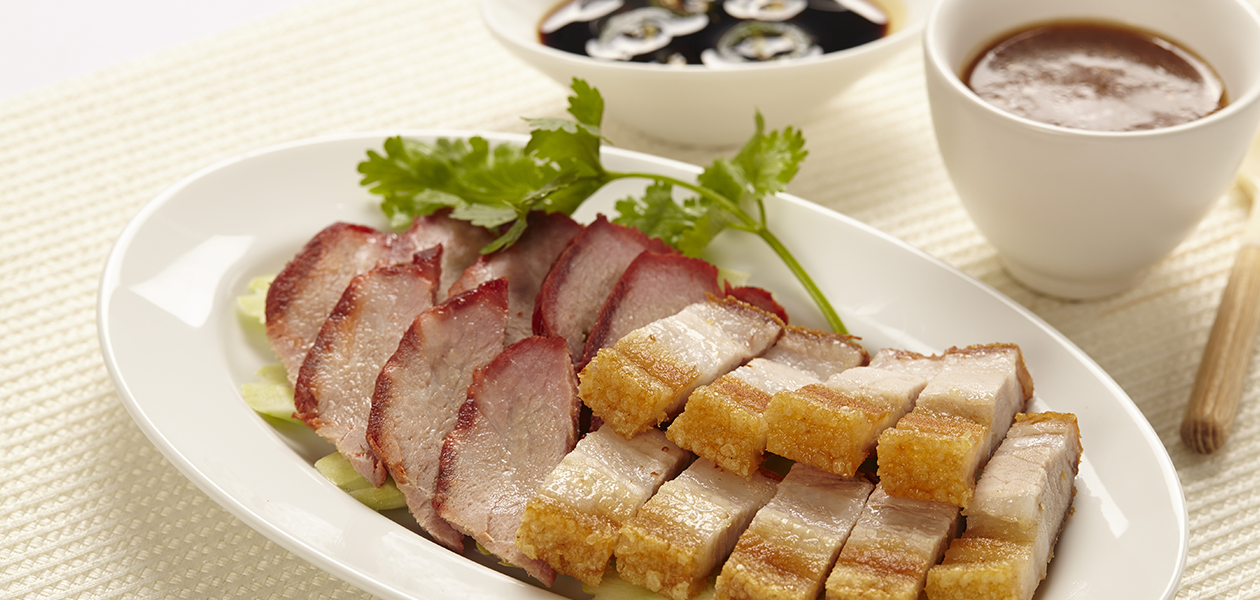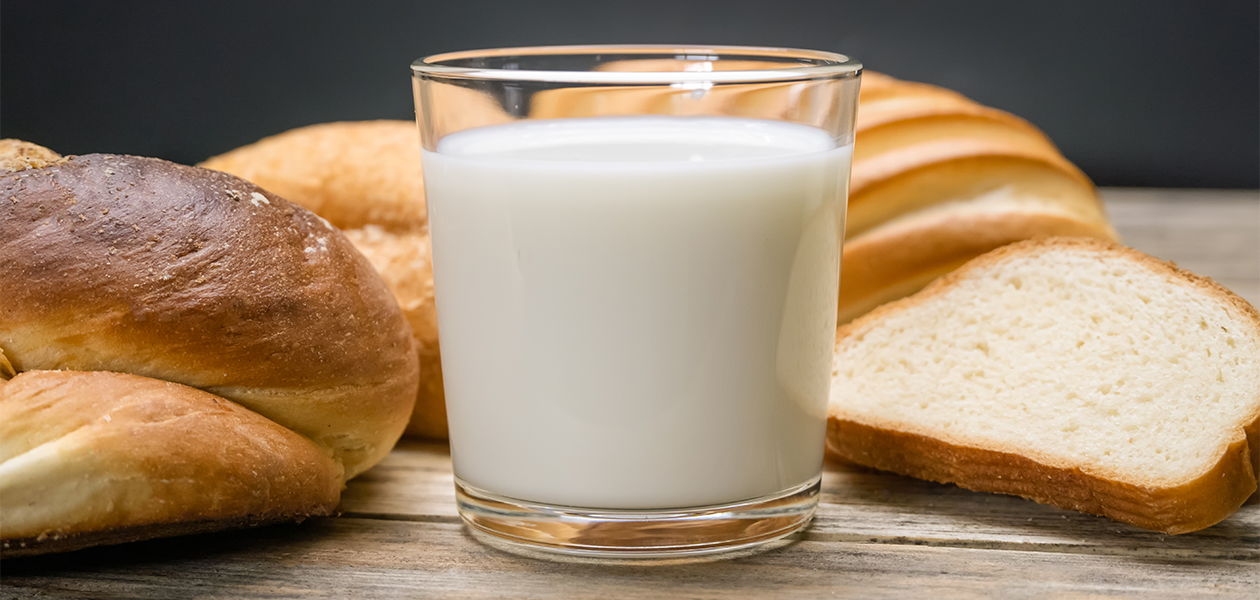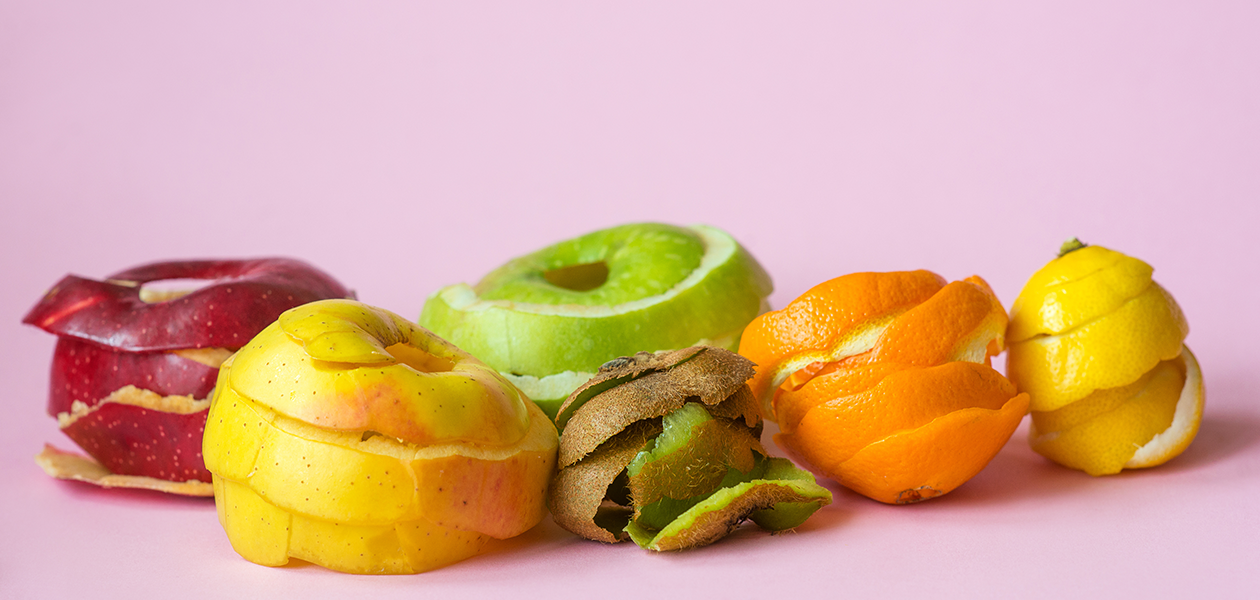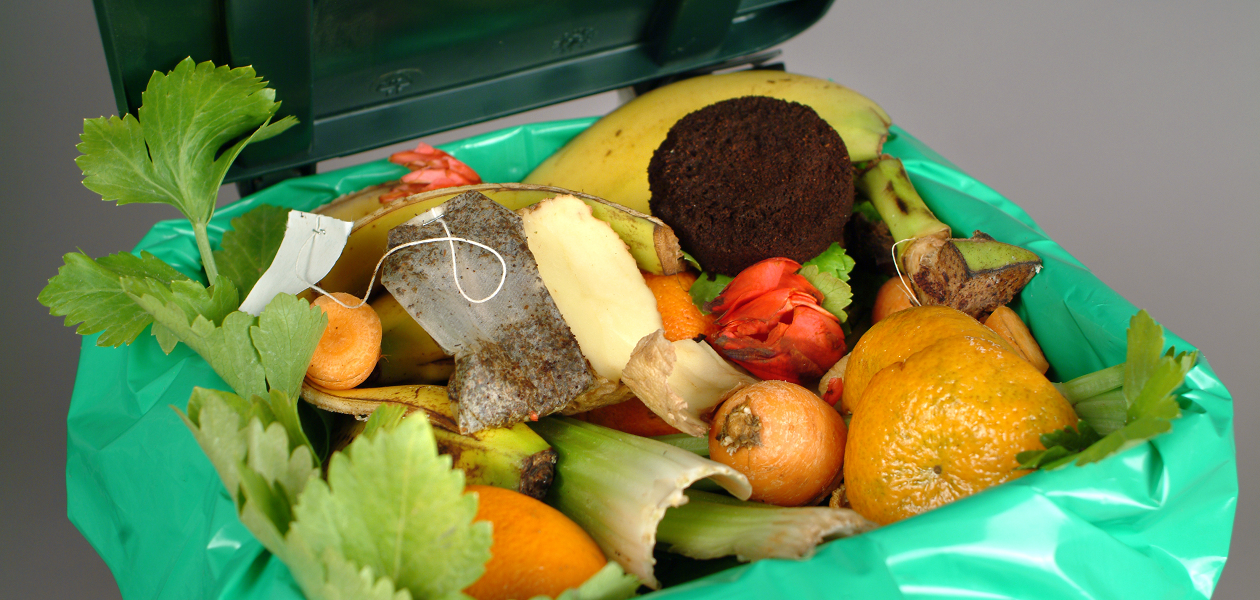Turning food waste into functional products
Learn more about the three Tech Offers on food waste valorisation and develop products that are healthy for consumers as well as the planet.
Despite a valiant effort to preserve containers of frozen leftovers in our freezers, even the best of us throw food out sometimes. About 35% of global food waste is generated towards the end of the supply chain—in supermarkets, shops and households. The rest of the 1.3 billion tonnes of global food waste occurs during production, handling, storage and transportation—where the food is susceptible to going bad due to inefficient infrastructure.
From education to new methods of treatment and storage, many companies are stepping up to tackle the food waste crisis at all levels. Designed for specific food compounds, here are three Tech Offers that will transform common types of food waste into new products.

Trimming out waste
Nose-to-tail eating is a growing trend in sustainable eating. Introduced to modern cooking in the early 2000s and a top trend of 2018, nose-to-tail eating involves every part of an animal – from its insides to its ears. However, many consumers are still unwilling to eat trimmings like excess fat and feet, contributing to the massive amount of food waste that continues to grow today.
To make use of meat by-products, pork trimmings in particular, a start-up from Singapore has designed a method to ferment and process them to create a delicious meat sauce. By using ester-producing wine yeasts as well as probiotic lactic acid bacteria to induce the fermentation process, this invention requires less preparation of non-seafood meat types, is quicker and requires less salt than more traditional techniques. The technology is not only healthier for consumers, but is labour-friendly for businesses too.

Bready, set, upcycle
In 2019, Singapore generated about 744 million kilograms of food waste—equivalent to the weight of 51,000 double decker buses. Rice, noodles and bread were the most common wasted foods by each Singapore household. Additionally, bread is one of the top three most wasted food items worldwide with hundreds of tonnes wasted daily—either left to go bad in households or thrown out by bakeries at the end of each day.
By upcycling unsold bread into a probiotic beverage, a Singapore university has found a way to reduce bread waste and add value to bakeries. The creamy beverage contains live probiotics that is also suitable for vegans and lactose-intolerant individuals. With over 1 billion live probiotic cells per serving, the beverage is said to confer probiotic health benefits like better digestion and skin health. When refrigerated, the high probiotic count in the drink can be maintained for up to 10 weeks.
The first beverage of its kind will allow bakeries to effectively transform their leftovers into a high-value product. The invention can be easily scaled up to cover different types of bread. Alternatively, the technology can be used as a supplement or probiotic ingredient too.

From food waste to multifunctional fibres
When it comes to personal care and food products, consumers are set on going natural. The market for natural products is growing as consumers become more conscious of their environmental footprint.
To keep up with consumer demand, a new technology has emerged from Ireland set on transforming plant-based food waste into functional fibre products for personal care or food products. Plant-based waste such as carrot pomace, citrus peels, vegetables labelled as “ugly” and protein extracts will be bioprocessed, evaluated for its performance and customised to the client’s needs. The process will reduce reliance on current functional fibres like agar, pectin, alginate and methylcellulose as well as relieve the pressure caused by increasing amounts of global food waste.
Designed for businesses with access to a large amount of biomass, the fibres can be used in personal care or horticulture, and even as a food product in sauces and confectionery. Adoption of the technology can create a new business revenue stream by transforming trash to treasure.

